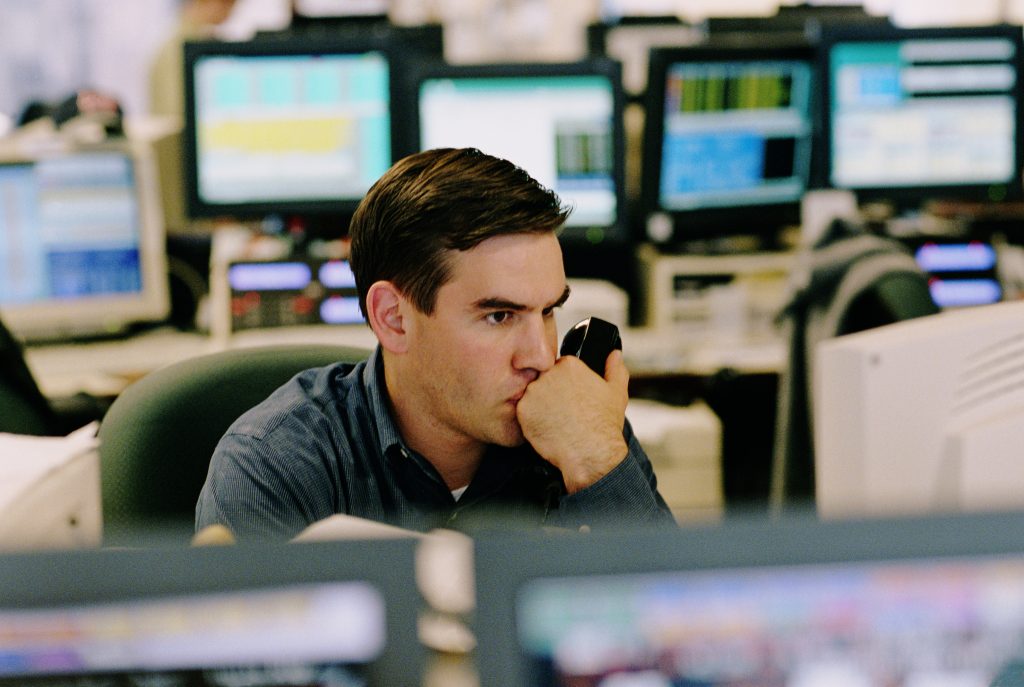Monthly Market Update | 17 January 2020
Global economic data is mixed. On the one hand, leading
indicators and trade indices suggest that the global economic deceleration
might be ending, and growth bottoming out, at least for this part of the cycle.
On the other hand, manufacturing data persistently indicates contraction,
especially in capital goods orders, suggesting that China continues to both
transition and slow down, causing ripple effects to its closest trading
partners. The US has joined the cohort of large countries which now see their
economy slow and is slightly lagging the cycle of others.
Global inflation remains at bay and unemployment in
developed markets is near all-time lows, however we could see some pressures
ahead as companies eat into their backlogs. Consumption is dented and capital
expenditure is suffering.
Risks for growth are persistent: Trade wars, Brexit
uncertainty and the Chinese slowdown, along with the fact that the cycle is
well into its 10th year, may unnerve investors. On the back of this feeling,
central bank accommodation is increasing, along with investor willingness to
buy on a dip, despite the Fed pausing rate cuts, as the world’s de facto
central bank has increased the pace of QE. This has helped risk assets break
new highs, ignoring tepid fundamentals.
Our latest investment committee in January 2020 felt that,
although little more clarity has been achieved (mostly on the Brexit front),
the sheer availability of cheap capital and scarcity of risk assets, create
favourable demand/supply dynamics for equities. Therefore, we decided to add 2%
to our allocation in UK small caps, from cash. We don’t maintain strong
geographical preferences at this point, awaiting for more visible catalysts
going forward. We still believe that the cycle, for the time being, remains
intact despite increasing signs of maturity.

















Comments